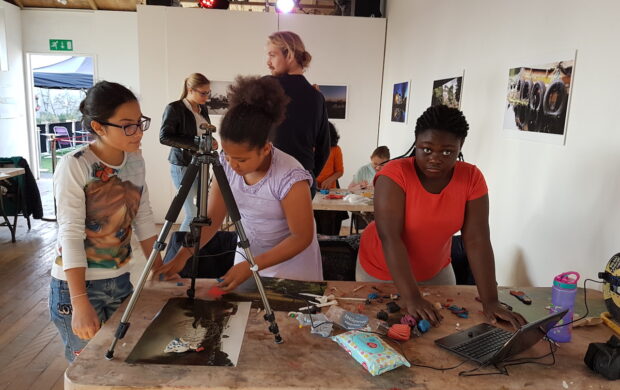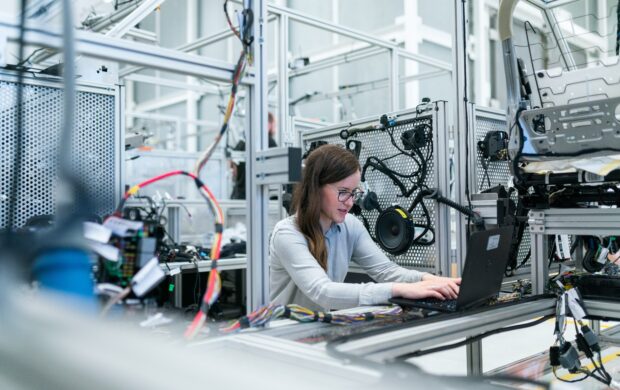Stanford has set up an institute for human-centred artificial intelligence that aims to diversify the future AI workforce.
As it becomes apparent that AI will become part of nearly every aspect of our future society, Stanford’s experts have taken the opportunity to advance AI research, education, policy, and practice to improve the human condition.
Their approach is to put humanists and social scientists alongside people who are developing artificial intelligence, this hopes to create diversity of thought. Their aim is to prepare all parts of society to be versed in AI and contribute their perspectives.
The HAI (Human-Centred Artificial Intelligence) hopes to become a global hub for AI learners, researchers, developers, builders and users from academia, government and industry as well as policy makers and leaders from civil society who want to understand AI’s potential and contribute to building a better future.










